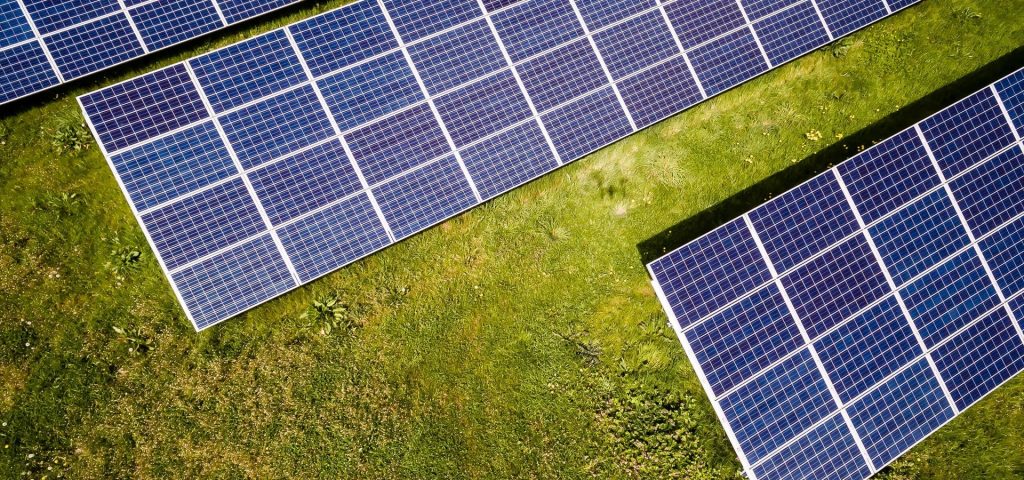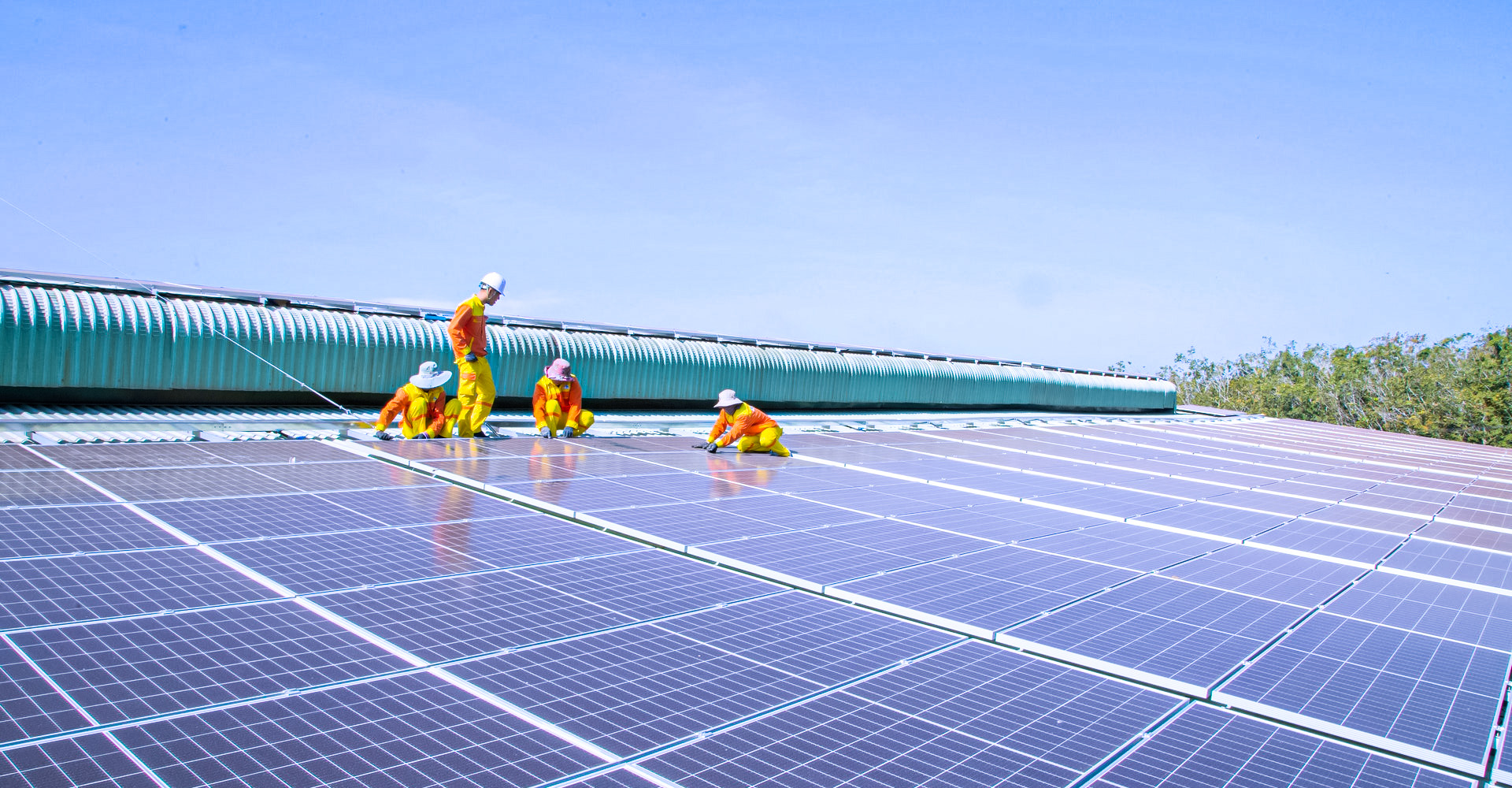The use of solar energy has been increasing at a tremendous rate in recent years. Solar energy is a clean and renewable source of energy that can be used to power our homes and businesses. It has the potential to reduce our reliance on fossil fuels and help combat climate change.
However, like any other form of energy, some environmental impacts are associated with solar energy. In this article, we will look at some of the key environmental impacts of solar energy, both positive and negative.
Positive environmental impacts of solar energy.
Solar energy has its fair share of positive environmental impacts. These include;
Solar energy is a clean source of energy.
Solar energy is a clean source of renewable energy that does not produce any harmful greenhouse gases or air pollution. It is a much cleaner alternative to fossil fuels such as coal and gas, which are major contributors to climate change and air pollution.
Solar power can increase property value.
Are you thinking about going solar? You may be surprised to learn that installing solar panels on your property can actually increase its value. On average, a home with solar panels can sell for 4.1% more than a comparable home without solar panels. If you are thinking about reselling your home in the future, solar panels can be a great investment.
Solar energy can help combat climate change.
Climate change is one of the most pressing environmental issues of our time. Solar energy can help combat climate change by reducing greenhouse gas emissions. Greenhouse gas emissions are released when fossil fuels are burned for energy. Solar energy does not release any greenhouse gases when it is produced, making it a clean source of energy.
Solar power can save you money on your energy bills.
One of the main reasons people choose to go solar is because it can save them money on their energy bills. Solar panels allow you to generate your own electricity, which can help offset the cost of your monthly utility bill. In some cases, you may even be able to sell excess electricity back to the grid.
Solar energy is a renewable resource.
Unlike fossil fuels such as coal and oil, which will eventually run out, solar energy is a renewable resource that will never be exhausted. Solar energy can be harnessed indefinitely, making it a sustainable choice for our energy needs.
Solar energy is clean.
Solar energy produces no harmful emissions or pollutants, making it a very clean form of energy. This is in contrast to fossil fuels, which release harmful greenhouse gases and other pollutants into the atmosphere, contributing to climate change and other environmental problems.
Solar energy reduces our reliance on fossil fuels.
As we move towards using more solar energy, we can reduce our dependence on fossil fuels. This is important as fossil fuels are a major source of greenhouse gas emissions contributing to climate change. By using solar energy, we can help to reduce these emissions and slow down the effects of climate change.
Solar panels are relatively durable.
Solar panels are designed to withstand severe weather conditions and can last for many years with proper maintenance. This means that once they are installed, they require little additional investment, making them a cost-effective option in the long run.
Negative environmental impacts of solar energy.
Solar energy does have some negative environmental impacts, but they are generally much smaller than the impacts of other forms of energy generation. These include;
Solar energy requires land.
The installation of solar panels requires land, which can sometimes be in short supply. In some cases, this can lead to environmental problems such as habitat loss and deforestation.
Solar farms can impact local wildlife. Large solar farms can have an impact on local wildlife, especially if they are located in areas of natural beauty. The construction of solar farms can disturb animal habitats and disrupt migration patterns.
The manufacturing of solar panels can be harmful to the environment.
The manufacturing process of solar panels can release harmful pollutants into the environment, including greenhouse gases. Solar panel manufacturing also uses large amounts of energy and water, which can have a negative impact on the environment.
Despite these negative impacts, solar energy is still one of the most environmentally-friendly forms of energy available and its use is growing rapidly around the world. As technology improves, it is likely that these negative impacts will be reduced even further.
Solar in Arizona.
In Arizona, solar energy is increasingly used to offset the state’s dependence on fossil fuels. Solar photovoltaic (PV) systems are being installed on homes and businesses throughout the state, and large-scale solar farms are being developed in some of the most remote areas. These projects are not only providing clean energy but also creating jobs and stimulating economic activity in rural communities.
The state’s solar resources are abundant and well-suited for PV development. Solar energy is a renewable resource that doesn’t emit greenhouse gases or other pollutants, making it a clean source of power. In addition, solar PV systems require very little water to operate, making them ideal for arid regions like Arizona.


